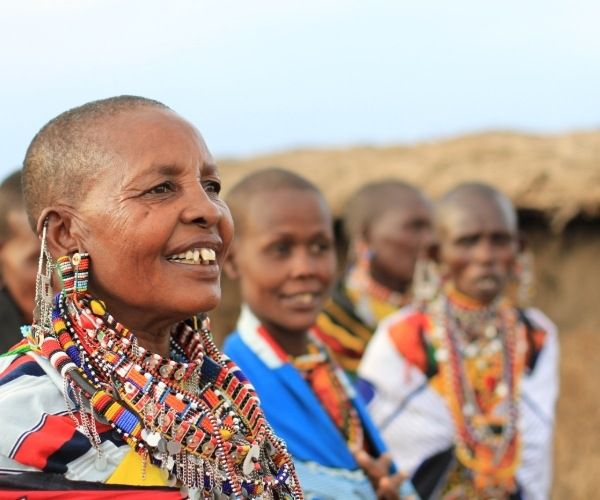
When we emerge from the COVID-19 lockdowns and start to travel again, it is important to do so in a responsible way. We have already seen the positive environmental effects of the virus: fish visible in Venice’s canals, air quality improvements in major cities, much less waste… not to mention the sharp fall in CO₂ emissions.
When we do travel again, by doing so responsibly, we can help these positive trends continue – perhaps this virus will, ironically, save our planet. Here are the seven best practices you can follow, blogs Christopher Hill:
7. Understand local customs and culture of your intended destination

Be in the know. Research the local culture and customs before going to the place. Learn how to behave, dress, and interact with the locals. RESPECT can bridge cultural differences and allow you to connect meaningfully with people.
Taking pictures is good but it is advisable to ask permission first, as it may be a “no-no” to some cultures. Always ask before entering an area of cultural significance. Practice saying “thank you”, “please”, “can I” – it is more pleasing to the ears and will endear you with the locals, no matter how bad your pronunciation!
6. Choose eco-luxury accommodation

For responsible travel, choosing to stay in eco-conscious hotels or lodges is an effective way to minimise the negative effects associated with travel.
Sadly there is a lot of “Green-washing” with hotels jumping on the bandwagon that are not as green or sustainable as they claim. You can do your own research, or book through a tour operator that has vetted the eco-luxury properties that they feature and recommend.
5. Offset your carbon footprint
Flying is frequently a feature of travelling and sadly airlines are a major contributor to CO2 emissions. You can offset these emissions – your tour operator can often do it for you.
Some airlines sell carbon credits when you buy an air ticket, they give you the option to buy carbon credits or to donate to carbon-offsetting organizations.
4. Reduce waste
Be intentional in choosing accommodations with effective waste management solutions. This helps reduce the environmental impact of the tourism industry.
As a traveler, you should be mindful not to add to the waste problem of the planet by improperly disposing of your rubbish. Bring along your own reusable water bottles, cups and straws to eliminate the need for disposable ones and reduce your own waste levels.
There are certain countries that ban the use of plastic bags and containers so bringing your own reusable bags is suggested to avoid the need for plastic bags when shopping.
Watch this video from National Geographic on how to avoid single-use plastics when traveling.
3. Conserve water
Especially in locations facing water shortages (there aren’t many places in the developing world that aren’t!) choose to stay at those eco-luxury hotels with sustainable water practices, such as rainwater harvesting systems and proper greywater and blackwater treatment methods. You too can help in water conservation by using water responsibly. As simple as turning off the water while you washing your face or brushing your teeth can make a great contribution to water conservation efforts.
2. Go local

This includes buying local produce, locally made souvenirs, and using local guides. It also means dining at restaurants that source their food locally (low food miles) – a good travel advisor can assist with recommendations. I also recommend using local guides, who are experts and you will appreciate their “local knowledge”.
1. Give back

Through volunteering, supporting conservation projects, assisting wildlife, building a home, helping at a soup kitchen, teaching or renovating a school, there are many ways you can help and leave a legacy. Giving back can deeply enrich your own experience, and leave your chosen destination better off. Even small things and gestures can go a long way.
You can be the change
Responsible travel can be done. These are just a few simple things you can do to make a positive impact while traveling. When we begin traveling again, doing so responsibly is all the more important. Do a small part to help so that your children and your children’s children will still enjoy the same clean air you breathe, the clear water you drink and the great experiences that you have.
